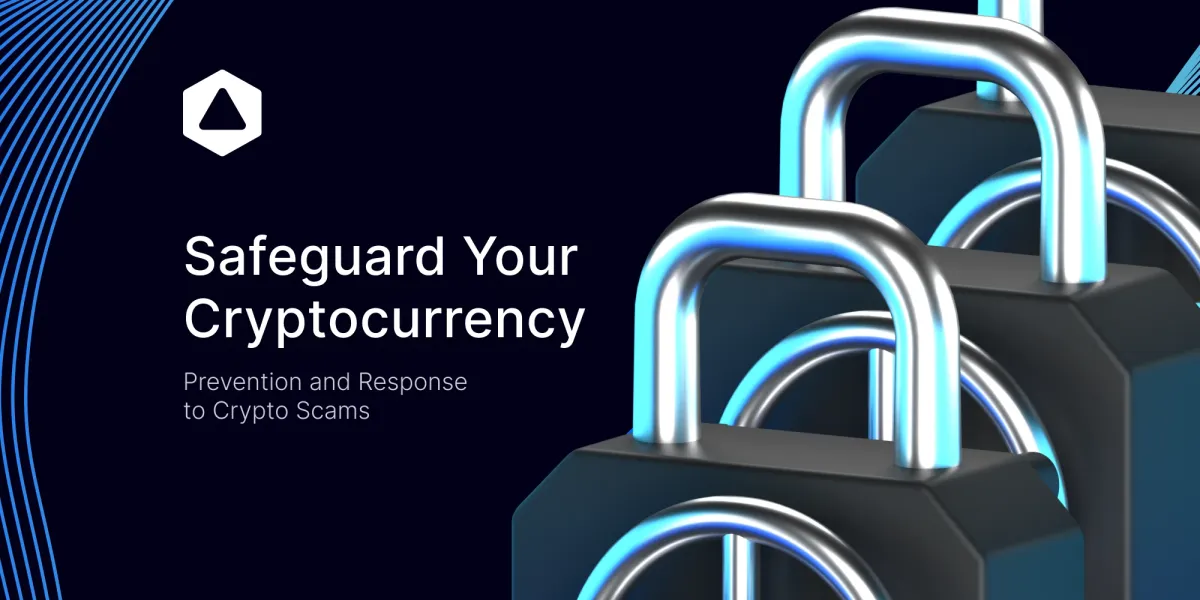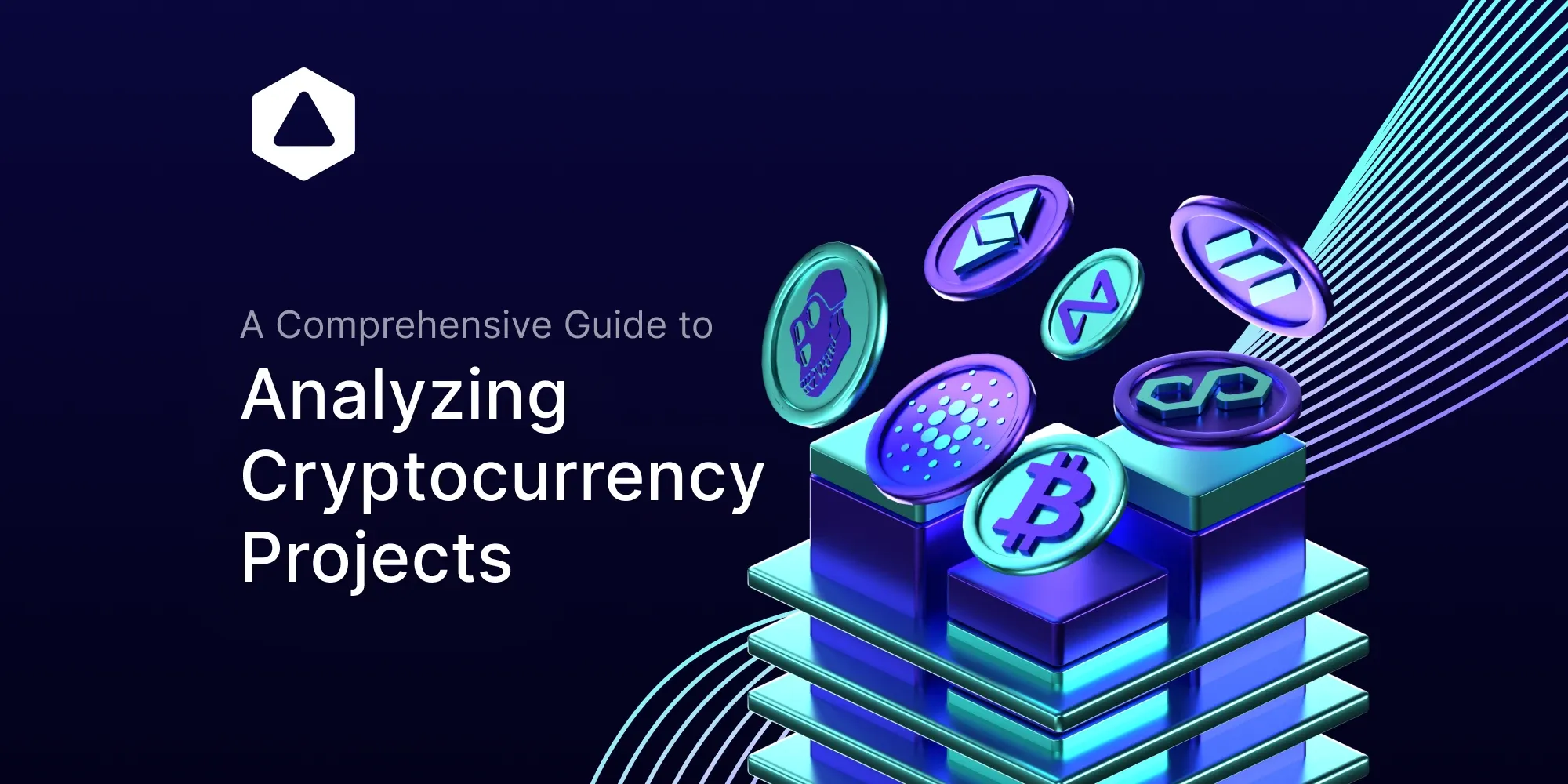Safeguard Your Cryptocurrency: Prevention and Response to Crypto Scams
Explore key strategies to protect cryptocurrency investments against scams. Learn about emerging threats, such as AI-generated scams, and discover how innovative tools and informed vigilance can provide robust security in the crypto space.

Cryptocurrency fraud is on the rise, with fraudsters adopting various deceiving tactics and the scammers getting smarter as the underlying technology changes, and often by impersonating or deceiving scam people of their magic internet tokens.
In this article, we look at what their tactics are and what we can do if we were to become unfortunate victims, and how to conduct ourselves so that we don’t fall for the many fraudsters online.
Crypto AND Fraud
Cryptocurrency and the whole blockchain revolution offers an alternative to traditional finance through decentralized systems that are completely independent from banks and governments.
The role of the mature and responsible custodian is completely shifted from institution onto the single individual, that come in all shapes and sizes, and with these shift. It brings a world of risk for the uneducated...
Due to the blockchain's anonymity, cross-border nature, and widespread use, we can say that cryptocurrency is a potentially lucrative 'dark' market with little to no regulation and this attracts opportunists and scammers from across the globe.

Different Scams for Different Men
Cryptocurrency scams are widely ranging from deceptive practices where fraudsters dupe individuals into surrendering their (hard earned) cryptocurrency, by making false promises of high returns investment opportunities, giveaways, to algorithm scams where 'illegal in the traditional world' trading methods or arbitrage opportunities are being used.
But also malicious malware, fake wallets, fraudulent investment platforms, pump and dump schemes, and unfair launches of a whole array of shitcoins are being used to get your money! Whatever sticks, so to speak.
Who are the scammers?
Scammers are individuals, often operating in organized groups, who use deceptive tactics to defraud people of their money. They are driven by a single-minded pursuit of their own enrichment, and don’t take other peoples feelings or wealth status seriously in that regard.

The biggest crimes happen online and not in the ‘real’ world anymore. Therefore in order to be safe, its important not to be naive about other peoples stealing or wanting to steal all you’ve got online.
Emerging Technologies to Scams Better
With the rise of generative AI, a technology that can create realistic video and audio content, the methods of scamming are advancing rapidly. Within the next 12 to 24 months, it could be possible that these fake events are so realistic that it will be difficult to know what is true or false. So think twice before transacting in hopes of getting a return just because person X said so...
What To Do When You Fall Victim to a Crypto Scam?
If you fall victim to a cryptocurrency scam, you should act immediately. Cease all contact with the fraudulent party if this hasn’t happened on his behalf.
Scammers can insist on additional transfers or 'fines' to regain access to your crypto or recoup an amount; never trust a proven liar, and complying will only lead to a bigger loss.
Secondly, the type of scam dictates the appropriate response. How are you being scammed? Is your wallet drained, can’t you access your exchange account, or do you see suspicious transfers from your cards? If so, block all accounts, which is critical to prevent further unauthorized access.
Change passwords, if possible, and promptly lock out the scammers from your wallet, exchange account, and any associated emails. Remember; quick, decisive action is the key to mitigating damage from crypto fraud.
Crypto scams come in various sizes and shapes. If you've been a victim of wallet-draining attacks or unauthorized transfers from one of your self-custodial wallets directed to unknown addresses, understand that these transactions are irreversible. And start accepting your fate, i.e. that your money is gone and in the arms of another.

Always remember that your value goes beyond the number in your wallet and losing your money isn't the end; your worth transcends the contents of any wallet.
Reporting Crypto Fraud
In the unfortunate event of falling victim to crypto fraud, reporting the incident as soon as possible to authorities is important. Although it may seem futile because transactions are irreversible, and your tokens could be sitting in a wallet on the other side of the world, your report could provide vital information for ongoing investigations and can help others avoid similar issues.
In your report, you have to include details such as wallet addresses, the accused party's method of operation, and an on-chain analysis (if possible) to back up your claim. That being said, the more information the better - your report will have more impact if you include detailed and specific information about the scam.
There are two very important functions that a report with adequate data serves:
- It will explains in detail what went wrong and reflect on your own decision making, and possibly help you to avoid similar situations in the future.
- It's a huge help for the investigation efforts of law enforcement, making the search easier or even possible.
Where to File a Report...
Reporting crypto fraud, which is classified under cybercrime, will depend from your location and can be done with your local police. But in the modern times we live in, it can be done online.
We take a look at some of the most important websites across the globe for reporting fraud:
- United States (US): Report to the FTC at ReportFraud.ftc.gov or call 1-877-382-4357.
- United Kingdom (UK): Report to Action Fraud at ActionFraud.police.uk or call 0300-123-2040.
- Europe: Report to the European Cybercrime Centre (EC3) at Europol.europa.eu/report-a-crime.
- India: Report to the National Cyber Crime Reporting Portal (NCRP) at Cybercrime.gov.in.
- Google search your country and "reporting cybercrime" to find information on how to report cybercrime in your specific location.
During the filing process, it's beneficial to request the presence of a digital expert to ensure your report is accurate. So contact a friend or an organization who knows as much or more about cryptocurrency and blockchain as you do.
Social Media Reporting Point
Social media platforms have established reporting points for scams, allowing users to report deceptive advertisements. These reporting forms are accessible through the platforms' Help Centers or can be found by the corresponding profiles or messages.

Although this method may seem futile, like pouring water into the sea while 50 new deceptive accounts spring up with each report, we must persist and keep clicking ‘report.’
How Does Greed and FOMO Play Into Scams?
Greed and lack of awareness often make individuals fall prey to scams. These factors can lead people to believe in offers that are, deep down, too good to be true. It's important to resist these impulses and maintain a healthy level of skepticism to avoid becoming a victim.
As a community, it's our responsibility to educate and protect. Sharing knowledge, promoting digital literacy, and encouraging skepticism towards 'too-good-to-be-true' offers can go a long way in preventing scams.
Remember, if something seems too good to be true in finance and investing, it probably is.

How To Avoid Getting Scammed?
Education and awareness form your strongest defense against cryptocurrency scams. Remember that there is no such thing as a free lunch, especially in crypto. As tempting as they may be, offers of quick and easy gains are often scams designed to exploit your desire and inner greed for profit.
Being scammed can result in significant financial losses, with the stolen funds unlikely to be recovered. Unfortunately, this often leads victims to mistakenly accuse innocent parties, including reputable figures in the crypto industry, and even blame the entire sector for their losses.
Several platforms provide current information about the latest scams and security measures, including cryptocurrency news websites, forums, and social media groups. Staying informed can help you identify and avoid potential scams.

Conclusion
Despite numerous warnings and campaigns, incidents of crypto scamming continue to rise. If you've fallen victim to such a scam, there are vital steps to take: cease contact with the scammer, optimize your security, and file a report with the competent authorities.
Remember, there's no such thing as a free lunch. If something sounds too good to be true, it likely is a scam. Always authenticate the identity of those you're dealing with and exercise common sense to avoid scams. Your best protection in the world of crypto is your own vigilance. Stay safe out there and stay educated!

Connect with Bitfinity Network
Bitfinity Wallet | Bitfinity Network | Twitter | Telegram | Discord | Github

*Important Disclaimer: While every effort is made on this website to provide accurate information, any opinions expressed or information disseminated do not necessarily reflect the views of Bitfinity itself. The information provided here is for general informational purposes only and should not be considered as financial advice.




Comments ()